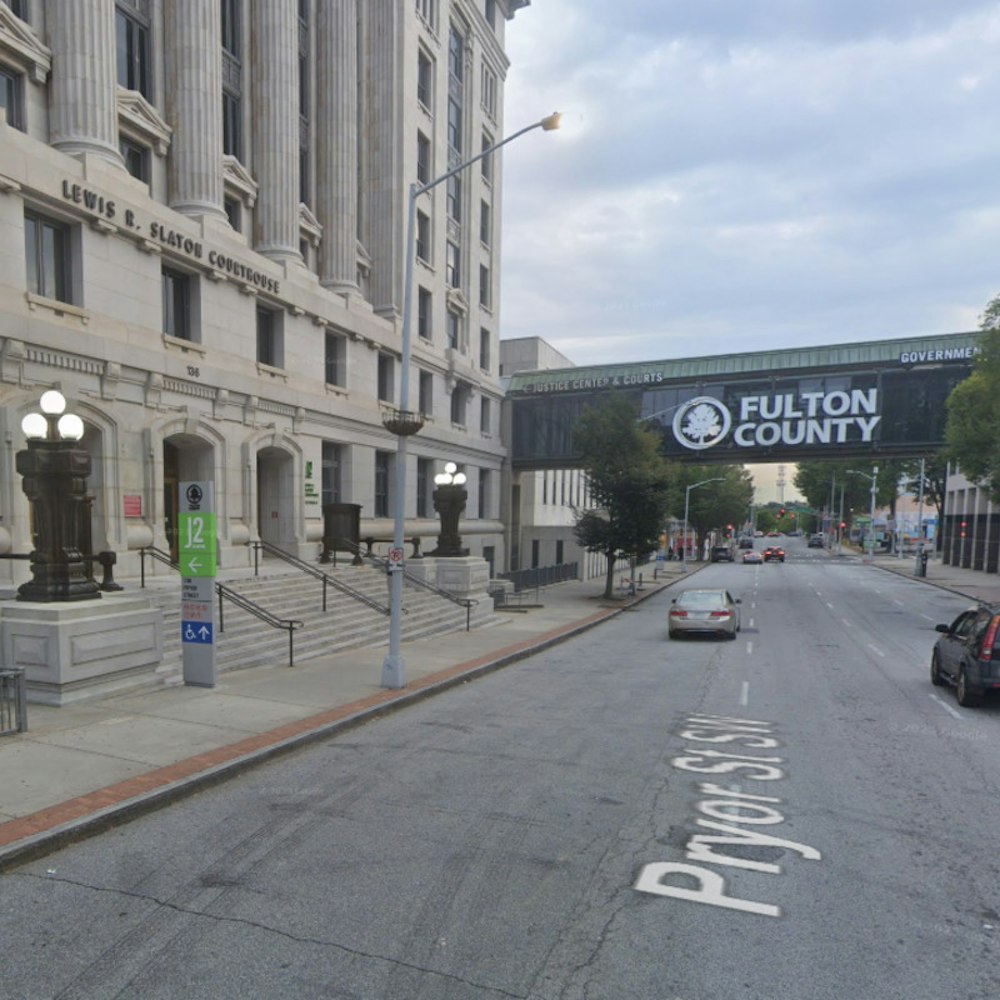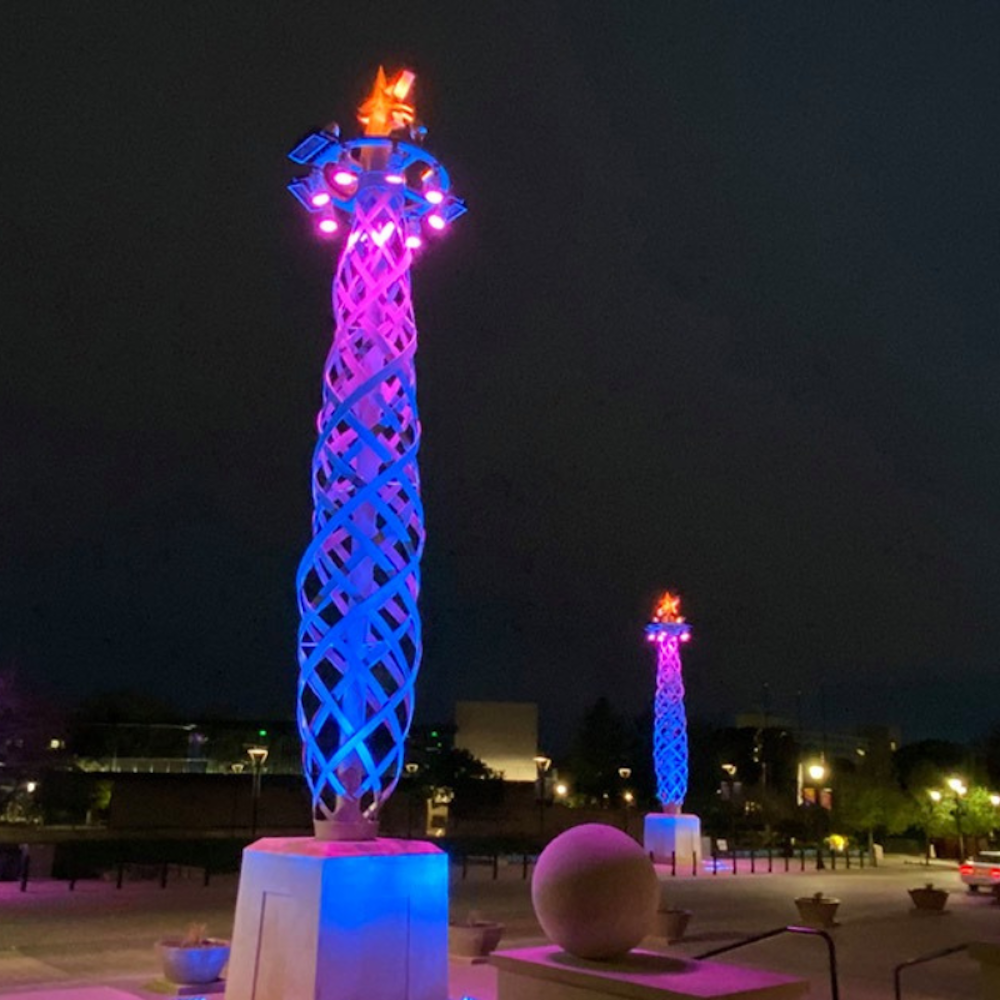
Abandoned oil wells in West Texas are causing concern as they spontaneously burst, spewing water and gas onto the land. Schuyler Wight, a local rancher, has experienced an increasing number of these incidents on his property, with the recent one being the most significant. Wight told The Texas Tribune, "It’s by far flowing more than any other. It’s getting worse, there's no question about that."
While leaking wells are not unheard of, the mystery is what's causing the high-volume water flow. Having dealt with around 10 this unsettling phenomenons, the Texas Railroad Commission is still plugging them as they emerge on his West Texas ranch, though each fix seems to be the catalyst for a new leak. Hawk Dunlap, an oilfield firefighter familiar with these incidents, surveyed the area and is puzzled by the source of pressure causing the eruptions. “There’s a source of pressure there and it’s shallow,” Dunlap said in an interview with The Texas Tribune.
Experts are considering injected fracking wastewater as a potential cause. This concern is shared by Dominic DiGiulio, a retired geoscientist from the Environmental Protection Agency, who commented, “That pressure has to go somewhere. So if there’s a well penetration then it’s going to move freely up that well penetration.” This waste, with its mix of chemicals and hazardous compounds, is typically disposed of in old drilling sites, potentially impacting underground pressure systems and leading to the current issues.
Dwayne Purvis, of Purvis Energy Advisors, points out that while old wells commonly leak gas, water leaks occur under specific conditions. Nevertheless, "fluid pressure must suffice to lift the fluids to the surface," he explained. Upon rancher Schuyler Wight's land, the salty runoff from the latest burst continues to flow, jeopardizing the soil quality and leaving Wight with limited options for remediation. "The salt poisons the ground and nothing will grow after that," Wight lamented, as stated by The Texas Tribune.
As the phenomena persist, the Texas Railroad Commission, the state's oilfield regulator, is reportedly still investigating the cause and solutions to the issue.









